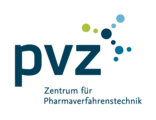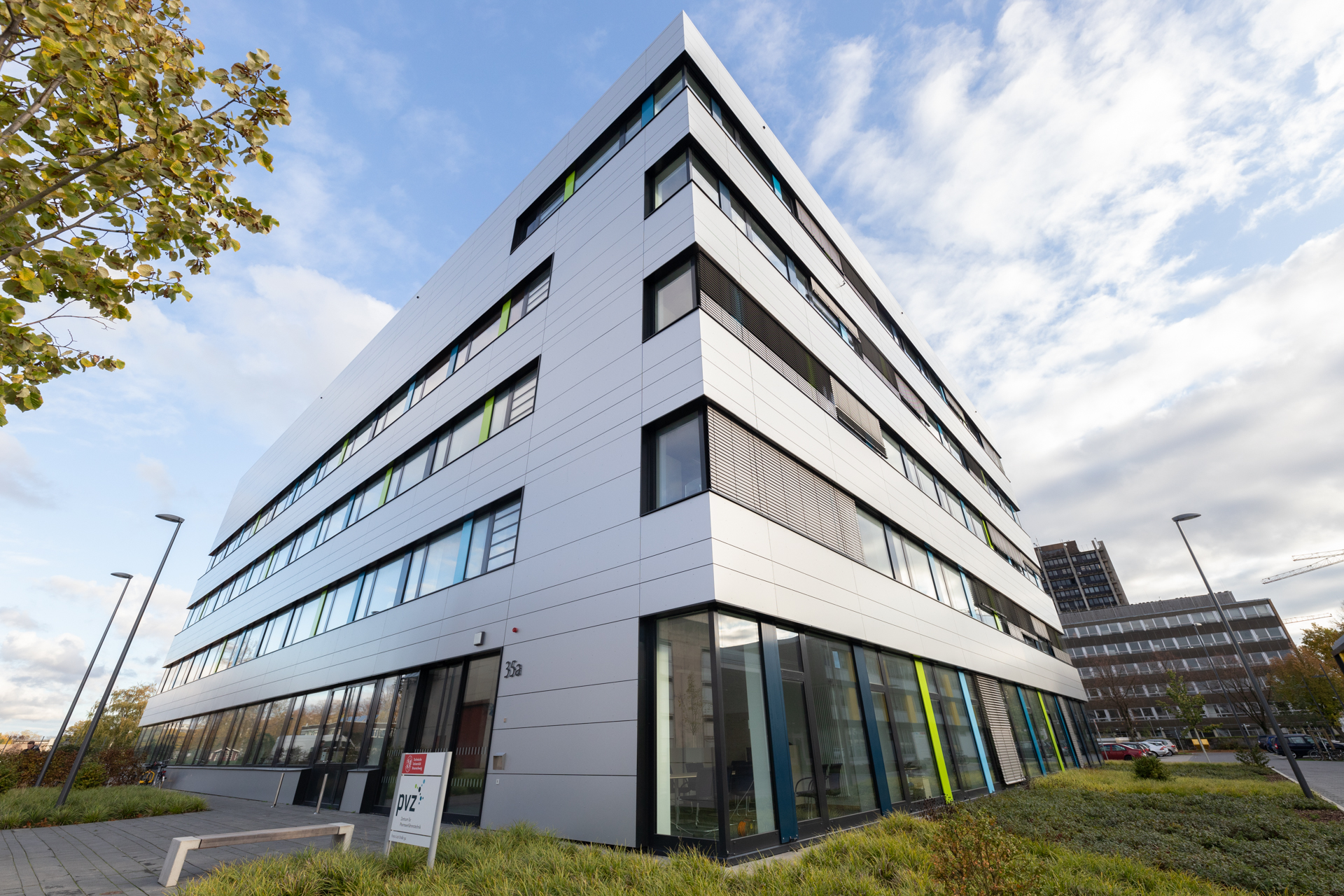
Ensuring and improving medical care with simultaneous establishment of cost-effective therapies are major global challenges. The drug therapy of many, especially age-related diseases, such as cardiovascular disease or cancer, whose incidence constantly increases in our society, is still insufficient. This presents a multitude of unmet needs for the research of the 21st century. An efficient development based on new pharmaceutical and procedural methods and the provision of low-cost and effective drugs are prerequisites for meeting these needs. The new methods and processes to be developed are the key to future personalized therapy with individualized drug products which will result in significantly improved therapeutic results in the treatment of diseases like cancer.
Promising new drug candidates commonly exhibit poor solubility, low membrane permeability and a delicate structure. Important goals in the development and manufacturing of future products based on these drugs are therefore: (1) providing customized, gentle and cost-effective manufacturing processes and layout methods at different scales as well as corresponding scale-up methods as essential basis for the production of cost-effective medicines, (2) efficient formulations for poorly soluble drugs and delicate biopharmaceuticals, and (3) the design of miniaturized production equipment for drugs and pharmaceuticals to produce small volumes of personalized medicines.

A prerequisite for the achievement of these three major targets is the interdisciplinary collaboration of pharmacy, chemical engineering and microtechnology. At the Braunschweig University of Technology, which is the only German university with a combination of these three areas of expertise, these key disciplines are bundled within the Center of Pharmaceutical Engineering (PVZ). The PVZ complements the nationally unique combination of university and non-university research institutions in Lower Saxony, integrated in the biomedical Translational Alliance in Lower Saxony (TRAIN) and working mainly in the fields of systems biology, biotechnology, drug development and infection research. By developing cost-effective manufacturing processes and tailor-made formulations of active pharmaceutical ingredients (API) the PVZ bridges the gap between the identification and characterization of the API on the one hand and the subsequent GMP manufacturing (Good Manufacturing Practice), testing and application of the drug on the other hand. Thus, the value-added chain for the development and exploration of cost-effective, efficient and personalized medicine is completed by the PVZ in a unique way.